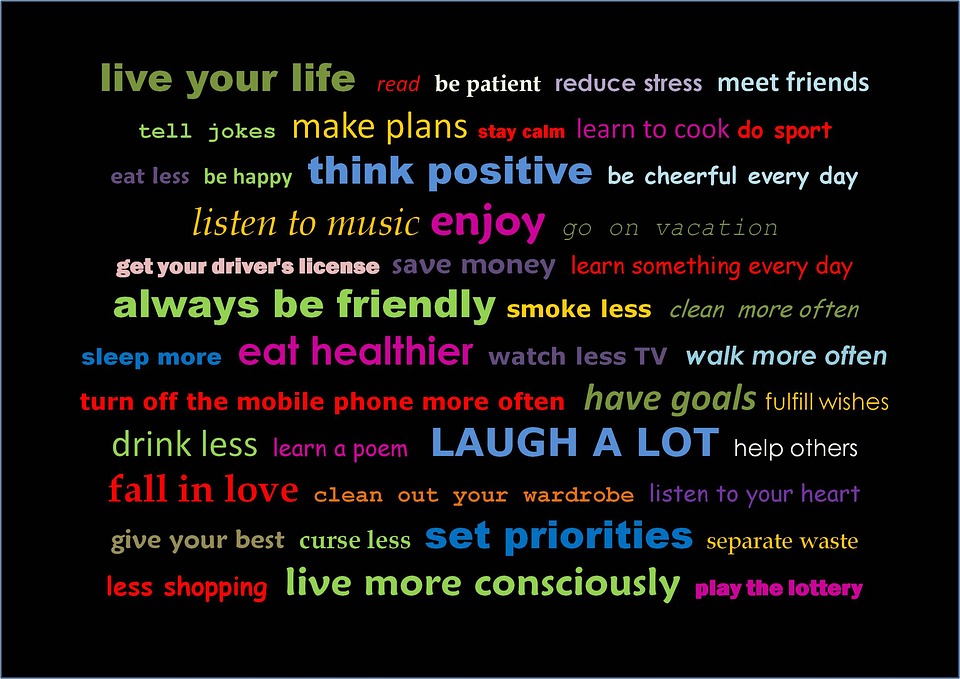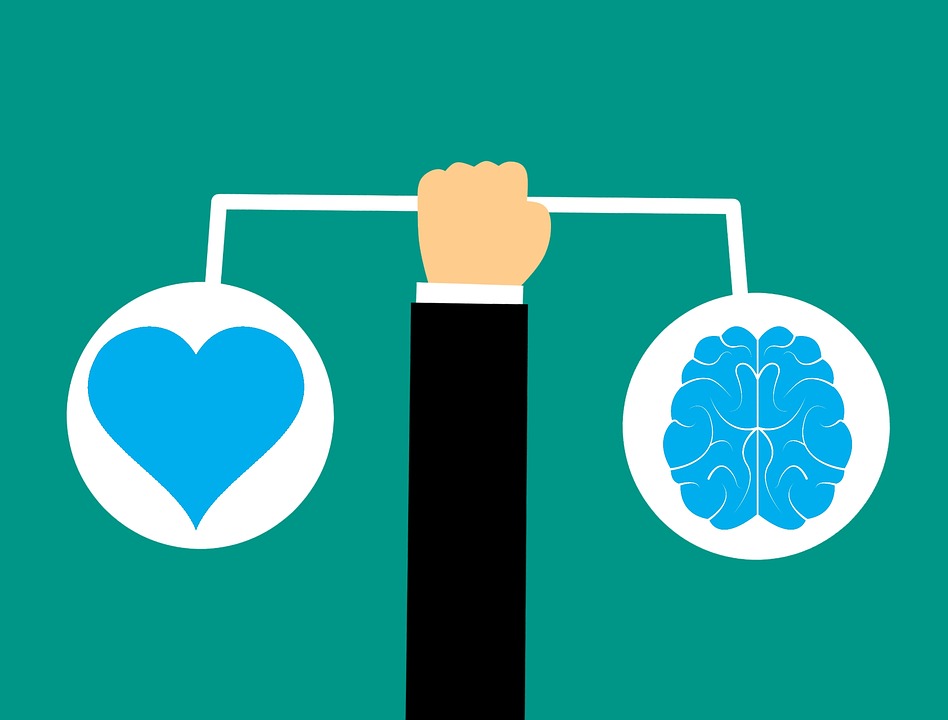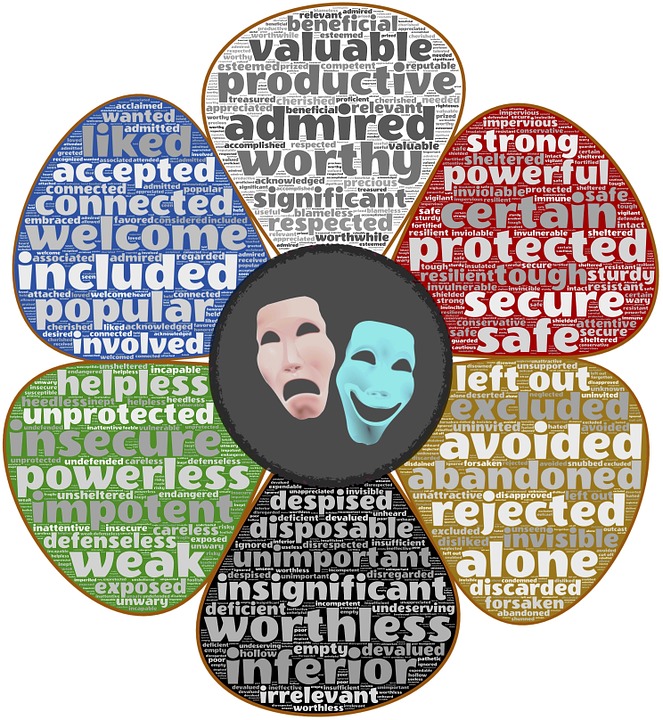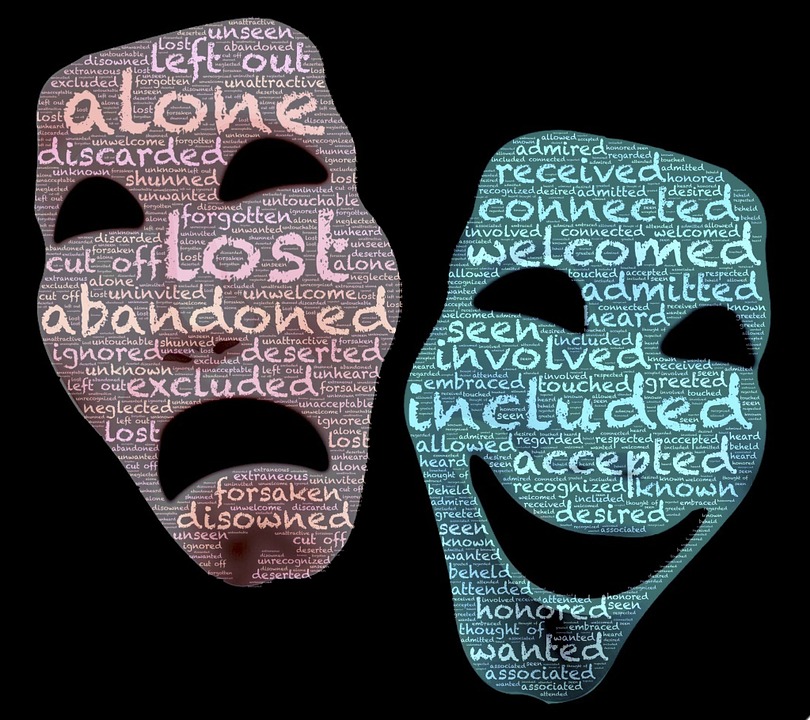Emotional attachment refers to the deep and meaningful connections that we form with others. Consequently, characterized by feelings of love, trust, and intimacy. These attachments are an essential part of our lives. They help to fulfill our basic human needs for belonging, security, and support. Emotional attachments can be formed with family members, romantic partners, close friends, and even pets. They are characterized by shared experiences, memories, and a sense of mutual understanding. While emotional attachment can bring great joy and fulfillment. However, it can also lead to emotional pain and distress if it becomes unhealthy or imbalanced. In this context, it is important to understand the nature of emotional attachment, and how to cultivate and maintain healthy, positive attachments that support our well-being and enhance our overall quality of life.
Emotional attachment is a complex and multi-dimensional construct that involves both cognitive and affective components. On a cognitive level, it involves a sense of familiarity, mutual understanding, and shared history with another person. On an affective level, it involves a strong emotional bond, characterized by feelings of love, trust, and commitment.
Emotional attachment can have significant effects on our psychological and physical health. Positive emotional attachments have been associated with reduced stress, improved mental health, and increased life satisfaction. On the other hand, negative emotional attachments, such as abusive relationships, can lead to a range of negative outcomes. Furthermore, includes depression, anxiety, and even physical health problems.
The process of emotional attachment begins in infancy, as we form attachments with our primary caregivers. These early attachments lay the foundation for our ability to form and maintain healthy relationships later in life. However, emotional attachment is a lifelong process. This continues to evolve and change as we encounter new people and experiences throughout our lives.
Cultivating healthy emotional attachments involves developing skills such as empathy, communication, and emotional regulation. It also requires a willingness to be vulnerable and open with others, and to recognize and address any patterns of attachment that may be causing emotional distress or dysfunction.
Emotional attachment is a fundamental aspect of human connection that shapes our sense of identity, well-being, and happiness. Understanding the nature of emotional attachment and developing healthy, positive attachments can contribute to a more fulfilling and satisfying life.

There could be several reasons why someone may not recognize the affection or love that another person is showing them. Here are a few possibilities:
Different love languages: People have different ways of expressing and receiving love, which is called “love languages.” For example, some people may feel loved through physical touch, while others may feel loved through acts of service or verbal affirmation. If someone is showing affection in a way that doesn’t align with the other person’s love language, they may not recognize it as love.
Past experiences: The other person may have had negative experiences in the past. This makes them difficult to trust or recognize affection from others. For example, they have been hurt in past relationships. They may be hesitant to open themselves up to the possibility of love again.
Lack of awareness: Sometimes people are simply not aware of the signals that someone is sending them. They may not be paying attention, or they may not know what to look for.
Misinterpretation: It’s possible that the affection that the person is showing is being misinterpreted by the other person. For example, they may see it as friendly behavior rather than romantic interest.
It’s important to communicate openly and honestly with the other person about how you feel and what you’re looking for in a relationship. This can help to clear up any misunderstandings and ensure that both parties are on the same page.
The people we love the most have the power to hurt us the most deeply because we are emotionally invested in them. When we care deeply for someone, we often become vulnerable to them, and we trust them with our feelings, thoughts, and desires. This vulnerability can make us more sensitive to the words and actions of our loved ones, and it can also make us more likely to take their actions and words to heart.
Furthermore, when someone we love hurts us, it can be especially painful because we may feel a sense of betrayal or disappointment. We may have had high expectations for our relationship with them, and when those expectations are not met, we can feel let down or even heartbroken.
It’s also worth noting that relationships are complex, and conflicts and misunderstandings can arise even in the best of relationships. In some cases, hurt feelings may be the result of miscommunication or a difference in values or priorities.
Regardless of the reason for the hurt, it’s important to communicate openly and honestly with our loved ones and to work through conflicts together. It’s also important to take care of ourselves emotionally and to seek support from friends, family, or a professional counselor if needed.

There could be several reasons why a person may feel like they are always standing alone even when they are mingling with others. Here are a few possibilities:
Social anxiety: If someone experiences social anxiety, they may feel uncomfortable or self-conscious in social situations, even if they are surrounded by others. This can make it difficult for them to engage in conversation or connect with others, leading them to feel like they are standing alone.
Personality traits: Some people may have personality traits that make them less likely to socialize or connect with others. For example, introverted individuals may feel more comfortable spending time alone or in small groups, and may find large social gatherings overwhelming.
Different interests: Even when surrounded by others, someone may feel like they are standing alone if they don’t share common interests with those around them. If they don’t find the conversation or activities engaging, they may feel disconnected from the group.
Feeling misunderstood: If someone feels like others don’t understand them or their perspectives, they may feel like they are standing alone even in a group setting. This can lead to feelings of isolation and disconnection.
It’s important to remember that feeling alone is a common experience and doesn’t necessarily mean there is something wrong with the individual. However, if these feelings persist and begin to affect their mental health or relationships, it may be helpful to seek support from a therapist or counselor. Additionally, finding activities or communities where they feel a sense of belonging and connection can also help alleviate feelings of loneliness.
The experience of love is complex and can be difficult to fully understand. While the intensity and expression of love may change over time, many people report that the love they feel for someone never truly ends or vanishes, even after the relationship has ended or the person has passed away.
Emotional attachment: Love often involves emotional attachment to another person, and this attachment can be difficult to let go of even when the relationship ends. Memories shared experiences, and the emotional bond formed between two people can contribute to the continuation of feelings of love.
Neurochemistry: The feeling of being in love is often accompanied by changes in neurochemistry, such as an increase in dopamine and oxytocin levels. These chemicals can create a pleasurable sensation and a desire to be close to the person we love. Even after a relationship has ended, these feelings and associations can remain.
Idealization: In some cases, the love we feel for someone may persist because we continue to idealize or romanticize them. We may remember only the positive aspects of the relationship and forget the negative aspects. Consequently, leading us to continue to feel love for the person.
Unresolved emotions: If a relationship ends abruptly or traumatically, its feelings of love may continue because there are unresolved emotions or unanswered questions that still need to be addressed.
It’s important to remember that the experience of love is highly individual. Not everyone will feel the same way or to the same degree. Additionally, the intensity of feelings can decrease over time. It’s important to take care of oneself emotionally and seek support from loved ones or a mental health professional if needed.
Emotional hurts can be difficult to avoid entirely, as they are a natural part of any interpersonal relationship. However, here are a few strategies that may help reduce the risk of becoming a victim of emotional hurts:
Set boundaries: Setting clear boundaries in relationships can help protect against emotional hurts. Be clear about what behaviors or actions are unacceptable to you, and communicate these boundaries to others.
Practice self-care: Prioritizing self-care can help build emotional resilience and reduce the impact of emotional hurts. This may include getting enough sleep, eating well, exercising regularly, and engaging in activities that bring joy or relaxation.
Choose healthy relationships: Surrounding oneself with supportive, positive people can help reduce the risk of emotional hurt seek out relationships with individuals who respect your boundaries, offer support, and communicate openly and honestly.
Communicate effectively: Open and honest communication can help prevent misunderstandings and reduce the likelihood of emotional hurt. Practice active listening, express yourself clearly, and be willing to work through conflicts together.
Seek support: If emotional hurts do occur, seeking support from loved ones or a mental health professional can help process emotions and build resilience. Don’t hesitate to reach out for help when needed.
It’s important to remember that while these strategies can help reduce the risk of emotional hurts, they are not foolproof. Emotional hurts are a natural part of any relationship and learning to cope with and process these emotions is an important aspect of emotional growth and resilience.

Emotional attachments can be both good and bad, depending on the nature and quality of the attachment. Here are a few ways in which emotional attachments can have positive or negative effects:
Positive effects of emotional attachments:
Increased well-being: Emotional attachments can provide a sense of security and support, which can contribute to overall well-being and happiness.
Reduced stress: Having emotional support from others can help reduce stress and anxiety. Furthermore, improve coping skills during difficult times.
Improved communication: Strong emotional attachments can foster open and honest communication. This can improve the quality of relationships and reduce misunderstandings.
Greater empathy: Developing emotional attachments with others can increase empathy and compassion, as we learn to understand and relate to the experiences of others.
Negative effects of emotional attachments:
Dependency: In some cases, emotional attachments can become overly dependent, leading to feelings of neediness and emotional instability.
Jealousy: Strong emotional attachments can sometimes lead to jealousy or possessiveness, which can harm relationships and erode trust.
Emotional pain: If emotional attachments are one-sided or end abruptly, it can lead to feelings of rejection, heartache, and emotional pain.
Conflict: In some cases, emotional attachments can lead to conflict or tension in relationships. Particularly if expectations or needs are not met.
In summary, emotional attachments can be both positive and negative, depending on the nature and quality of the attachment. It’s important to maintain healthy boundaries and communication in relationships. In addition, seek support when needed to cope with any negative emotions that may arise.
Emotional Attachment
A bond so strong, it ties us together
An emotional connection, we’ll cherish forever
The memories we’ve shared, the laughter we’ve had
All the moments we’ve cherished, both good and bad
It’s the feeling of being understood, without a word spoken
The comfort in knowing, we’re never alone or broken
A place of safety, where we can be ourselves
A shoulder to lean on, when life overwhelms
Our emotions entwined, our souls intertwined
Our hearts beat together, one rhythm we find
It’s the beauty in loving, with all our hearts
In moments of joy, and when life falls apart
Emotional attachment is a gift we hold dear
A bond that connects us, through laughter and tears
It’s the love we share, that never fades away
An emotional attachment, that forever will stay.
Conclusion
In conclusion, emotional attachment is a natural and essential part of human relationships. The emotional attachments are healthy and balanced. They can provide a sense of security, support, and connection that contributes to our overall well-being. However, when emotional attachments become one-sided, overly dependent, or harmful, they can lead to emotional pain, conflict, and stress. It’s important to maintain healthy boundaries and communication in relationships, and seek support when needed to cope with any negative emotions that may arise. Ultimately, emotional attachment is a complex and dynamic aspect of human connection. They can bring great joy and fulfillment when nurtured and cared for with love and understanding.
